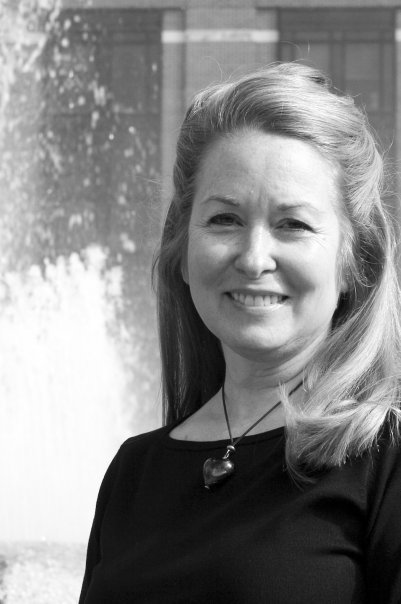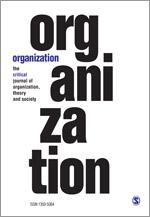The relational ontology of resistance: Hybridity, ventriloquism, and materiality in the production of bike commuting as resistance
Abstract
Many studies of organizational resistance have focused on a knowing agent who intends to challenge power. In contrast, we suggest that resistance is the product of many agents of varying ontological statuses acting together. Using a study of bicycle commuting in the American Midwest (an activity that takes place at the edges of organizations), actor-network theory, and Cooren’s theory of ventriloquism, we demonstrate that resistance has a relational ontology. We show that bike commuters do not intend to resist through biking to work, decentering human action and intention in resistance. We then highlight three aspects of a relational understanding of resistance. First, bike commuting (and other resistive activity) is produced by a plenum of agencies of all ontological statuses, making resistance a hybrid activity, not limited to human agents. Second, activities of resistance and control come to have these meanings through their relationship with one another. Third, actions that come to mean resistance and control are put into conversation with each other to gain these meanings through ventriloquism. Through these arguments, we expand what can count as resistance, how resistance is produced, and who produces it, demonstrating that resistance is a relational production.
Keywords: resistance, materiality, agency, actor-network theory, ventriloquism, bike commuting


Leave a Reply